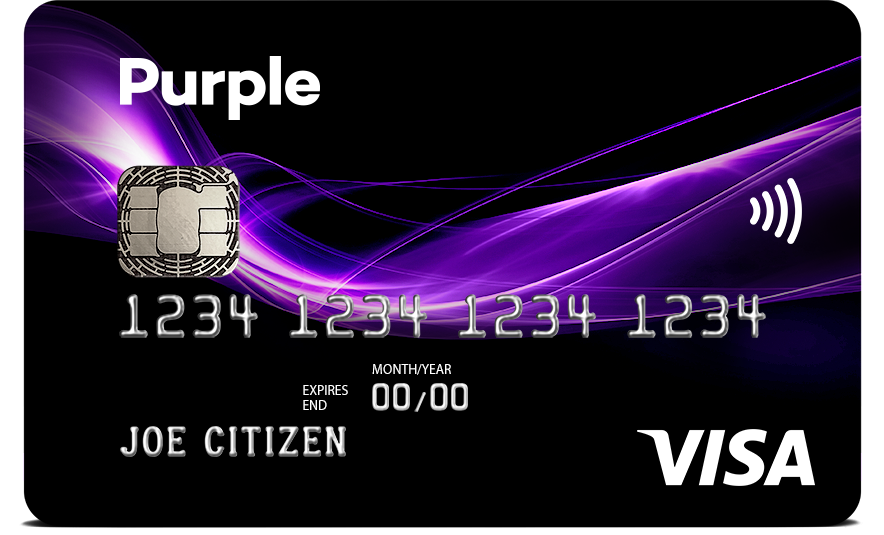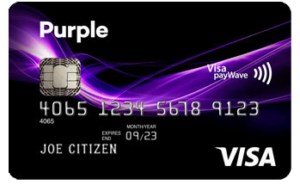Payments
Each month we’ll provide the Main Cardholder with a statement for the Card Account each month, advising you of the total amount owing on your account, the minimum payment you need to pay and the optional payment to minimise interest charges.
The Main Cardholder will need to pay us the Minimum Amount Due set out in the monthly statement on (or before) the due date set out in the statement.
If the closing balance is less than $20, the Minimum Amount Due will be that amount (unless the closing balance (or part of it) is subject to a Deferred Payment Plan). If it’s NZ$20 or more, the Minimum Amount Due will be:
- NZ$20; or
- 3% of the outstanding balance of each Charge rounded up to the nearest cent for the purpose of this calculation only (excluding any charge that is subject to a Deferred Payment Plan), whichever is the higher amount. If you don’t repay your closing balance off in full each month, interest will be changed on that amount.
If you can afford to, it’s best to repay more than just the Minimum Amount Due. If you only repay the Minimum Amount Due, then you’ll end up paying more because of interest that is charged on the balance and it will take you longer to repay. However, if you repay more than the Minimum Amount Due each month, it will reduce the amount of interest charged and you’ll be able to pay off your balance faster.
If you’ve missed a previous payment to us and/or have an Overlimit Amount, you’ll need to pay this amount immediately. This is in addition to your Minimum Amount Due which must also be paid (by the payment due date).
We can choose how to apply money you pay us against amounts that you owe us. While it is always up to us how to apply payments, as a general rule we’ll apply them against:
- any Overdue and/or Overlimit Amount;
- any Minimum Amount Due on your Card Account; and
- any other Charges on your Card Account; and against Charges in the following order of priority:
- Fees and insurance premiums
- Cash Advances
- Interest on Cash Advances
- Standard Transactions
- Interest on Standard Transactions
- Interest on expired long-term interest free transactions
- Long-term interest free transactions expiring before next statement date
- Any other charges
- Unexpired long-term interest free transactions
- Unexpired long-term interest free transactions within a Deferred Payment Plan
Regardless of the above, if you have made a payment that results in your Credit Card Account having a credit balance, that credit will be applied to any future Charges in the order that those fees, interest and Transactions are made or debited from your Card Account.
You can pay us by Internet Banking, Direct Debit or at your local NZ Post shop. For more information about payments click here.
Here are a few tips for reducing the amount of interest you may need to pay:
- Ensure that if you withdraw cash, that you pay it back as quickly as you can. Interest accrues every day that the cash amount is owing on your account, so the sooner you pay it off, the less interest you will pay.
- Pay more than the Minimum Amount Due shown on your statement. A good idea is to try to pay for all of the cash withdrawals and standard purchase transactions you’ve made, as well as the fees and interest charges, by the due date on your statement to avoid paying interest (or any further interest) on those transactions and charges.
- Pay the Optional Payment to Minimise Interest Charges shown on your statement. That amount is made up of the outstanding balance of your standard purchases, cash advances, fees and interest charges, and the balance of any interest free transaction(s) that have, or are about to, expire. It also includes the minimum amount due on your interest free transactions.
As the Optional Payment to Minimise Interest Amount is a voluntary/optional payment, there is no required date by which it must be paid. However, you may want to check the expiry date of your interest free term and pay before then to ensure the balance is paid before it starts to accrue interest. If you’re unsure, give us a call on 0800 801 808.

